Faced with that reality, many livestock farming households in localities in the province have proactively applied many disease prevention measures to protect livestock and minimize damage caused by epidemics.
Mr. Nguyen Van Thinh (Ea Na commune) sprinkles lime powder to prevent disease for ducks. |
With nearly 20 years of experience raising ducks, Mr. Nguyen Van Thinh (To Lo village, Ea Na commune) clearly understands the importance of disease prevention during this sensitive time. He said: “The changing seasons often make ducks susceptible to neck-shrinking disease caused by E.coli bacteria. Infected ducks will have diarrhea, slow growth, stunted growth, and can even die en masse if not detected and treated promptly.”
To effectively prevent the epidemic, in addition to fully vaccinating, Mr. Thinh's family regularly disinfects the barns with disinfectants or lime powder twice a month, and clears the surrounding area to limit pathogens remaining in the environment. In particular, he also uses biological bedding in livestock farming to treat waste on site, keep the barn environment dry and clean, and minimize odors and toxic gases. Thanks to the synchronous implementation of the above measures, his family's flock of more than 3,500 laying ducks has developed steadily, bringing in a significant source of income.
Equally proactive, Mr. La Quy Trang's family (Son Cuong village, Dak Lieng commune) is currently raising more than 6,000 egg-laying chickens. When the seasons change, he checks and reinforces the barns, covers them carefully but still ensures ventilation. Mr. Trang shares: "Prevention is better than cure, I am proactive from cleaning, disinfecting the barns to the nutritional regimen to improve the resistance of the livestock. In addition to industrial feed, I add vitamins and minerals to keep the chickens healthy, limiting disease when the weather fluctuates."
Not only livestock and poultry, the changing seasons also greatly affect aquaculture activities. Mr. Nguyen Sau Tam's family (village 4, Ea Kar commune) is currently raising more than 5,000 tilapia, grass carp, and bighead carp... and is also strengthening measures to protect the pond. According to Mr. Tam, when the temperature changes suddenly, the pH in the water drops, causing the fish to float, suffocate, and even die en masse due to toxic gases accumulating at the bottom. "To prevent this situation, I regularly aerate the fish pond, and mix vitamin C and digestive enzymes into the food so that the fish can digest better, limiting the effects of changes in the living environment," said Mr. Tam.
Veterinary staff give rabies vaccine to pets of a household in Lien Son Lak commune. |
The province currently has a total livestock herd of nearly 23.4 million cattle and poultry. Faced with the complicated epidemic situation, the authorities have quickly implemented treatment measures: taking samples for testing, zoning, disinfecting and instructing people to strengthen surveillance, preventing the disease from spreading. At the same time, the Department of Animal Husbandry and Veterinary Medicine (Department of Agriculture and Environment) has coordinated with localities to organize the injection of hundreds of thousands of additional doses of vaccines such as foot and mouth disease, lumpy skin disease, cattle septicemia, rabies and distributed chemicals for widespread disinfection and sterilization.
Although the authorities have implemented many synchronous solutions to prevent and control the epidemic, the effectiveness of control still depends largely on the proactive awareness of livestock farmers. If vaccination, barn sanitation, and environmental treatment are neglected, the risk of disease outbreaks is always present. Therefore, each livestock household must always pay attention to fully implementing disease prevention measures to protect livestock and ensure a stable and sustainable source of income.
Giang Nga
Source: https://baodaklak.vn/kinh-te/202507/chu-dong-phong-ngua-dich-benh-tren-vat-nuoi-thoi-diem-giao-mua-a9312a4/



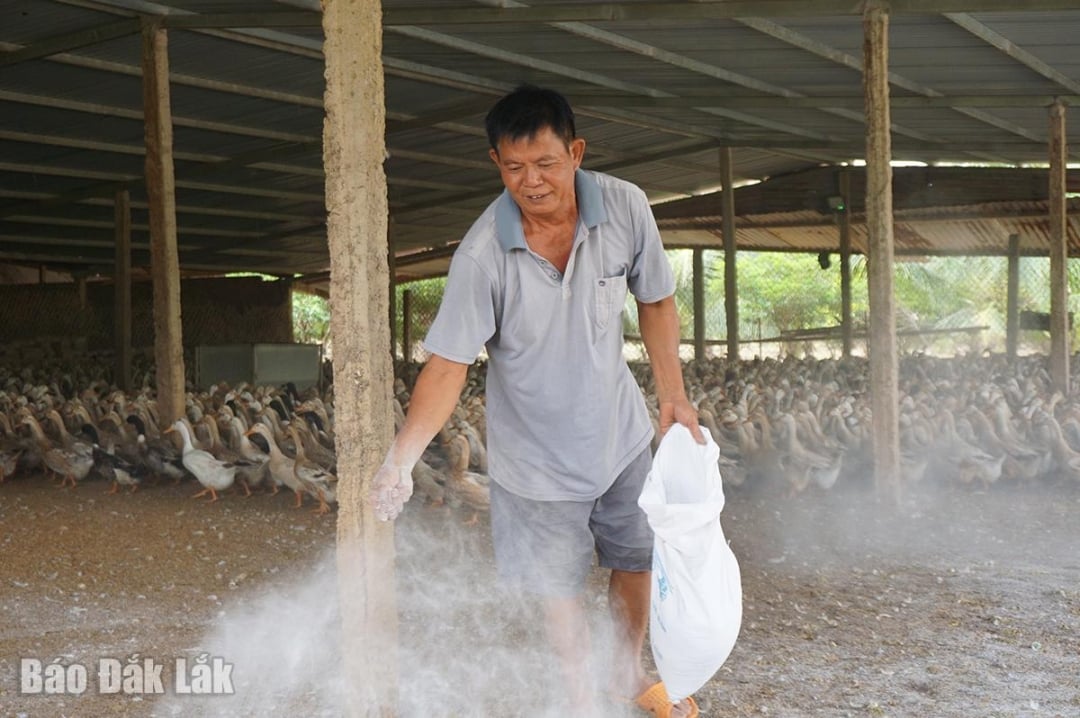
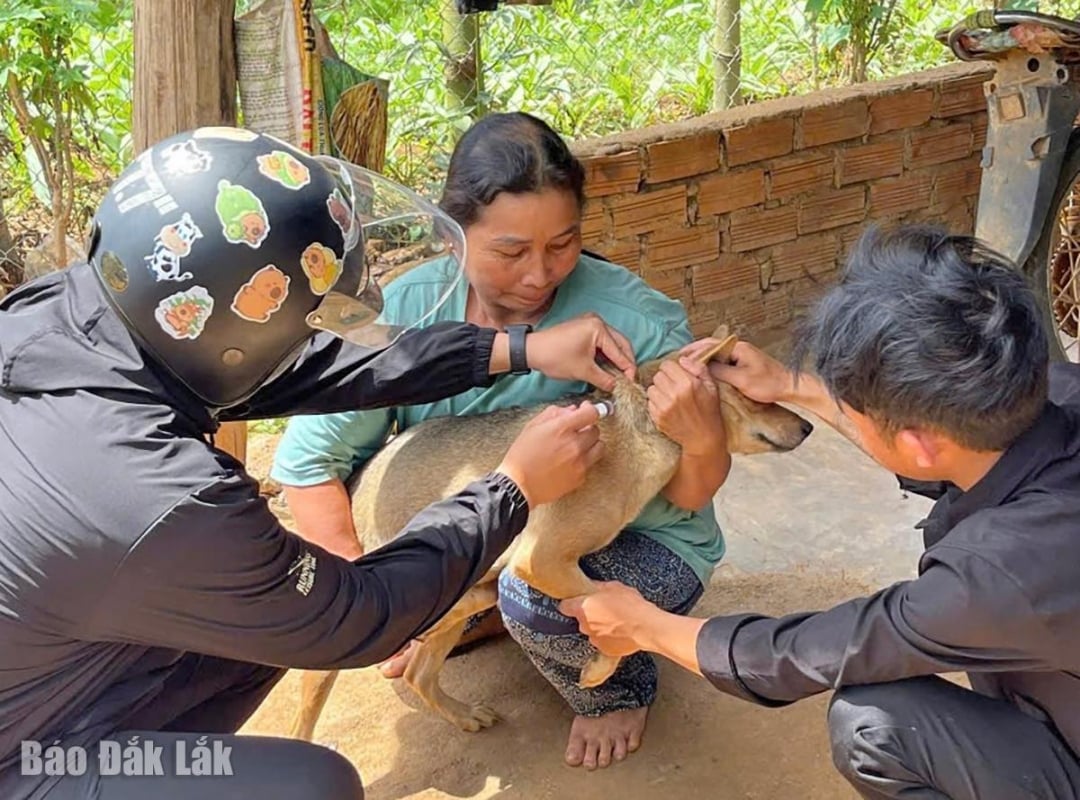




![[Photo] Prime Minister begins trip to attend SCO Summit 2025 in China](https://vphoto.vietnam.vn/thumb/1200x675/vietnam/resource/IMAGE/2025/8/31/054128fff4b94a42811f22b249388d4f)

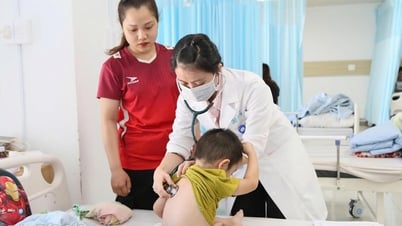
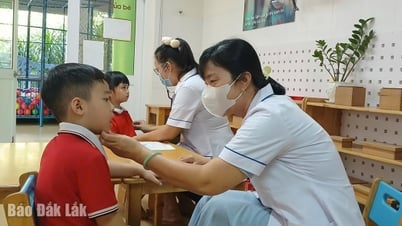
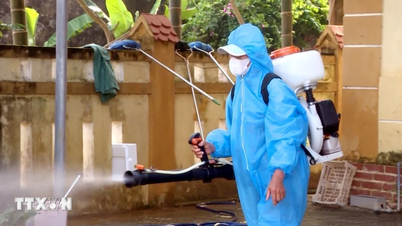



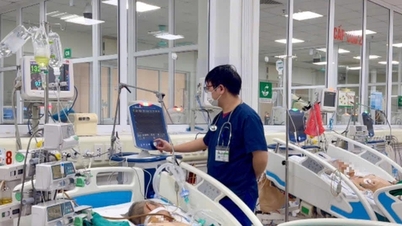





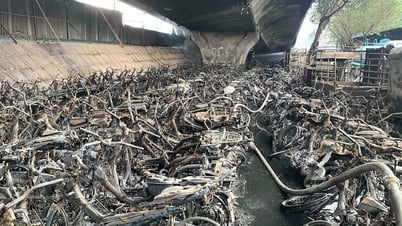






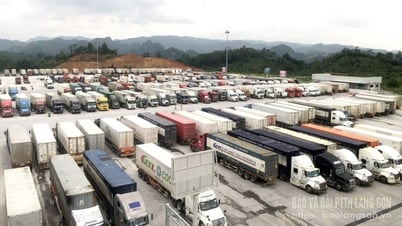







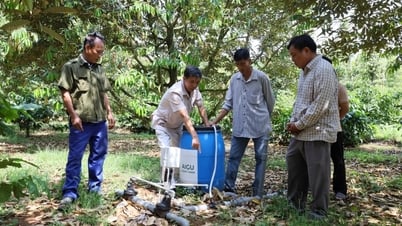
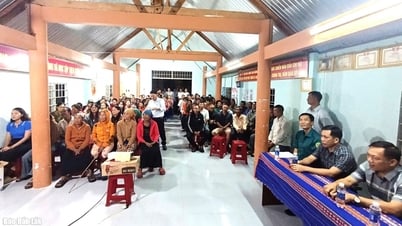













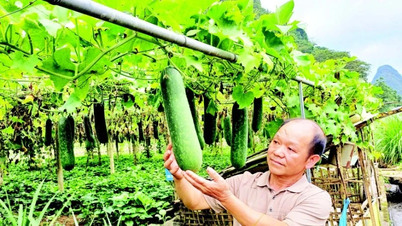
























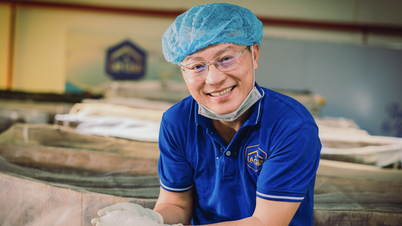






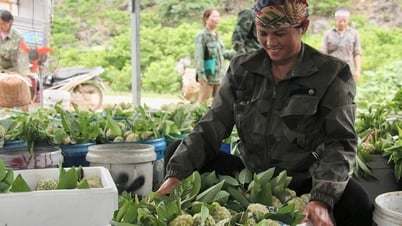




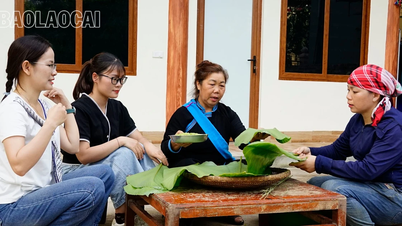





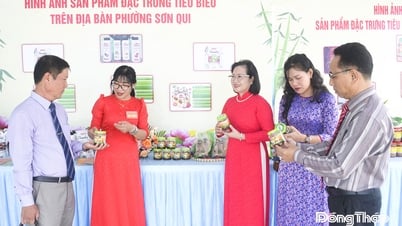













Comment (0)